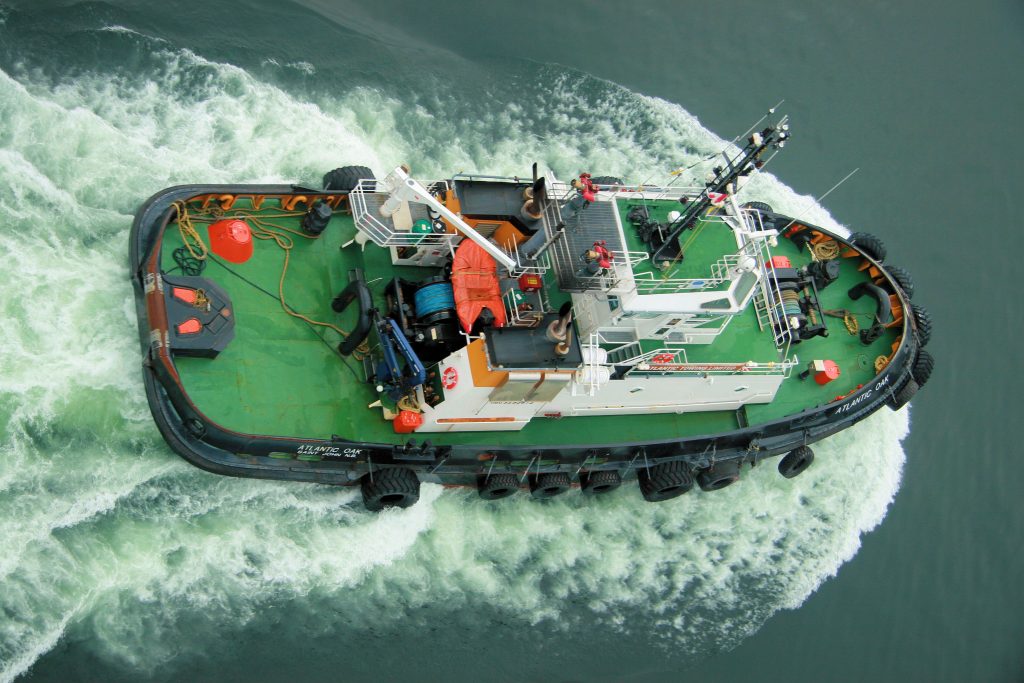
Servicing drilling platforms is big business in the Gulf of Mexico. To transport pipes and other supplies out to the oil platforms ships or large vessels are often used. Unfortunately not all vessels are in “shipshape” as a recent case out of the Eastern District of Louisiana shows.
On May 28, 2013, the RICKY B, a boat operated by D&B Boat Rentals (“D&B”), began taking on water in its engine room while servicing drilling platforms in the Gulf of Mexico. The following day, after several attempts to stop the flooding, the RICKY B contacted Crosby Tugs, L.L.C. (“Crosby”) for assistance. At this point, the RICKY B had lost power and its crew was abandoning ship. Crosby agreed to dispatch a tug to tow the RICKY B to shore. When the tug arrived several hours later, RICKY B was sitting low in the water. The tug, following the owner and operator of D&B’s instructions, attached a tow line and towed the vessel to shallower waters at speeds of no more than five knots without pumping the water in engine room. However, after about 13 minutes into the towing, the RICKY B completely submerged and sunk to a rest on the bed of the Gulf of Mexico.
D&B filed suit against Crosby to recover expenses incurred in the boat sinking, alleging that Crosby negligently towed the RICKY B without pumping the water first, and at too high speeds, causing the boat to sink. After conducting a bench trial, the district court ruled in favor of Crosby. The Court found that D&B presented insufficient evidence to establish that Crosby acted with either negligence or gross negligence. The district court held that the nature of the services provided by Crosby were salvage, not towing; and because the damage ultimately suffered by the D&B was indistinguishable from the purpose of the salvage operation (i.e., to prevent the sinking), a gross negligence standard applied in determining Crosby’s liability instead of ordinary negligence. The standard of ordinary negligence is conduct that deviates from the proverbial “reasonable person,” whereas grossly negligent conduct is that which has fallen so far below the ordinary standard of care that one can expect, to warrant the label of being “gross.” Moreover, in this case, the district court held that even if the court applied an ordinary negligence standard that D&B presented insufficient evidence to prove Crosby’s ordinary negligence. Furthermore, under the Pennsylvania Rule, D&B is required show that the statutory violations of the RICKY B were not the cause of the accident, which they did not. The Pennsylvania Rule creates a rebuttable presumption of causation against an entity involved in a maritime accident if that entity is in violation of a maritime rule or regulation intended to prevent that type of accident. See Pennzoil Producing Co. v. Offshore Express, Inc., 943 F.2d 1465, 1472 (5th Cir. 1991).
 On the sea, a life jacket can save your life. In the courtroom, the life jacket that can save your case is provable and relevant facts. Seaman, Frank Glaze, recently found this to be true when a Louisiana Court dismissed his Jones Act personal injury case due to a lack of evidence.
On the sea, a life jacket can save your life. In the courtroom, the life jacket that can save your case is provable and relevant facts. Seaman, Frank Glaze, recently found this to be true when a Louisiana Court dismissed his Jones Act personal injury case due to a lack of evidence. Louisiana Personal Injury Lawyer Blog
Louisiana Personal Injury Lawyer Blog


 Evidence in a trial can take almost any shape or form. For murder trials, people think of weapons. For fraud cases, perhaps incriminating documents comes to mind. For a personal injury case, the options are almost limitless yet likely “flip flop” is not the first image that pops up; especially in a maritime case. Yet in this case, Garrard Myers makes quite the fuss over the state of his sandals.
Evidence in a trial can take almost any shape or form. For murder trials, people think of weapons. For fraud cases, perhaps incriminating documents comes to mind. For a personal injury case, the options are almost limitless yet likely “flip flop” is not the first image that pops up; especially in a maritime case. Yet in this case, Garrard Myers makes quite the fuss over the state of his sandals. It’s a common scenario: someone is injured or property is damaged because another party failed to use reasonable care. This situation is far from rare in the legal profession, and the responsible party is usually held accountable for their negligence with civil lawsuits. But what happens when the injured person attempts to hold the wrong party responsible? It seems unlikely, but as James Johnson discovered, it is possible and the consequences can alter the course of a lawsuit’s final outcome.
It’s a common scenario: someone is injured or property is damaged because another party failed to use reasonable care. This situation is far from rare in the legal profession, and the responsible party is usually held accountable for their negligence with civil lawsuits. But what happens when the injured person attempts to hold the wrong party responsible? It seems unlikely, but as James Johnson discovered, it is possible and the consequences can alter the course of a lawsuit’s final outcome.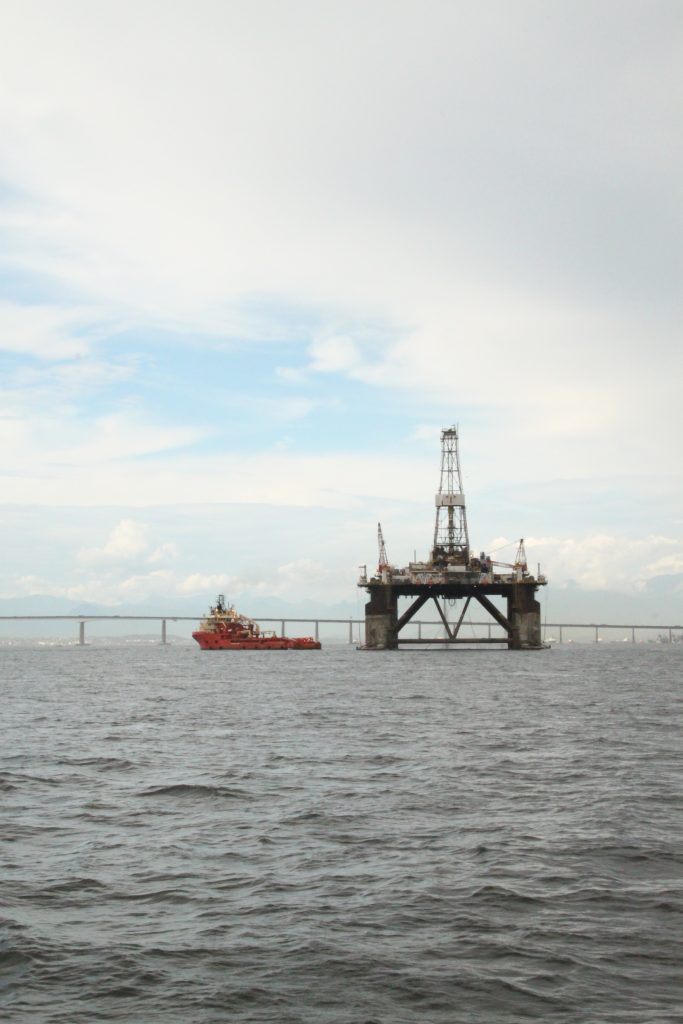 Being an employee aboard a ship in the Gulf of Mexico can be hard work, and it can also be dangerous work. For Mark Baldwin, who worked as a sandblaster and painter for Cleanblast, LLC, danger presented itself when he was assigned to the vessel
Being an employee aboard a ship in the Gulf of Mexico can be hard work, and it can also be dangerous work. For Mark Baldwin, who worked as a sandblaster and painter for Cleanblast, LLC, danger presented itself when he was assigned to the vessel 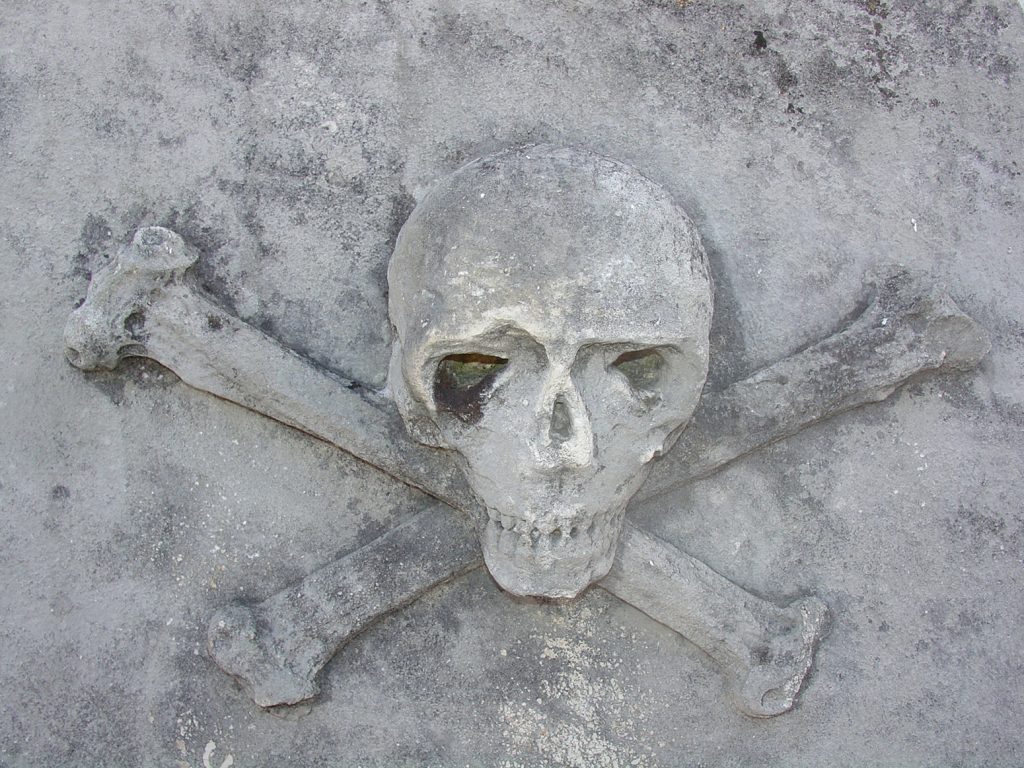
 Not all Workers Compensation insurance claim decisions are black and white. Sometimes those claims can include an overlap with other federal statutes that may or may not also provide coverage. When those circumstances arise insurers need to base their decisions on the facts and the law and not for financial gain. If done properly the denial of a valid claim does not automatically subject an insurer to penalties in Louisiana as the following case demonstrates.
Not all Workers Compensation insurance claim decisions are black and white. Sometimes those claims can include an overlap with other federal statutes that may or may not also provide coverage. When those circumstances arise insurers need to base their decisions on the facts and the law and not for financial gain. If done properly the denial of a valid claim does not automatically subject an insurer to penalties in Louisiana as the following case demonstrates. 
 It seems an insurance company’s first response to a claim is to deny the claim. The Louisiana Workers’ Compensation Corporation (“LWCC”) is no exception. The following case out of Loreauville Louisiana demonstrates the arguments that can be made and standards to assess whether an injured employee is due LWCC’s benefits or benefits as a longshoreman.
It seems an insurance company’s first response to a claim is to deny the claim. The Louisiana Workers’ Compensation Corporation (“LWCC”) is no exception. The following case out of Loreauville Louisiana demonstrates the arguments that can be made and standards to assess whether an injured employee is due LWCC’s benefits or benefits as a longshoreman.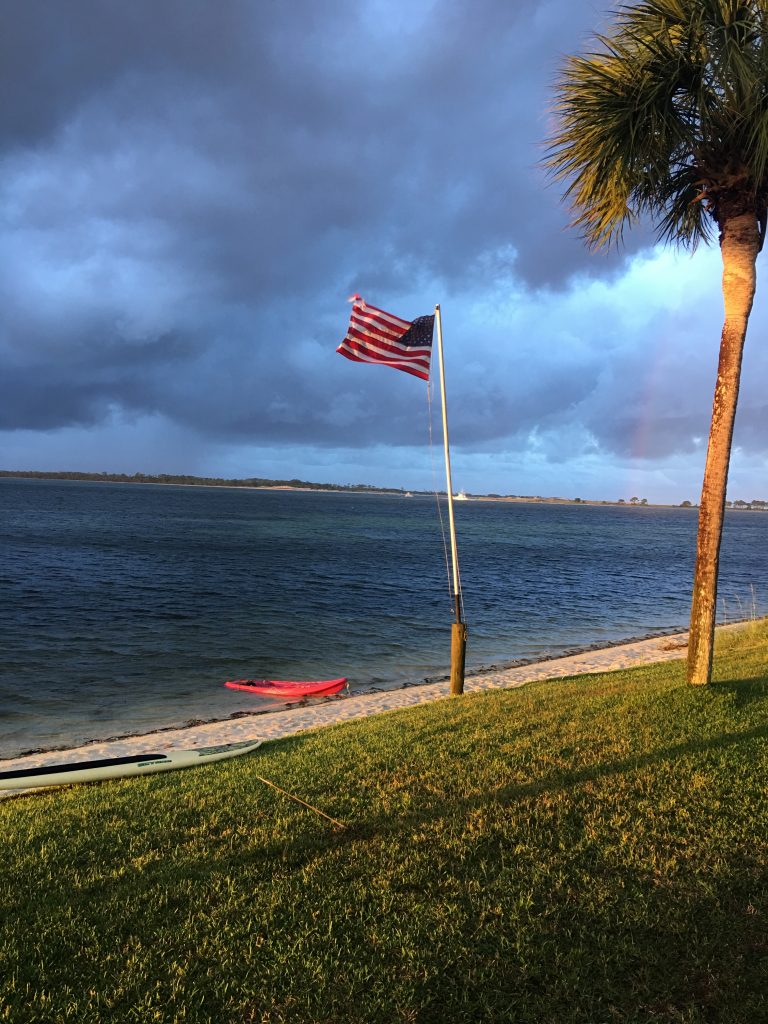
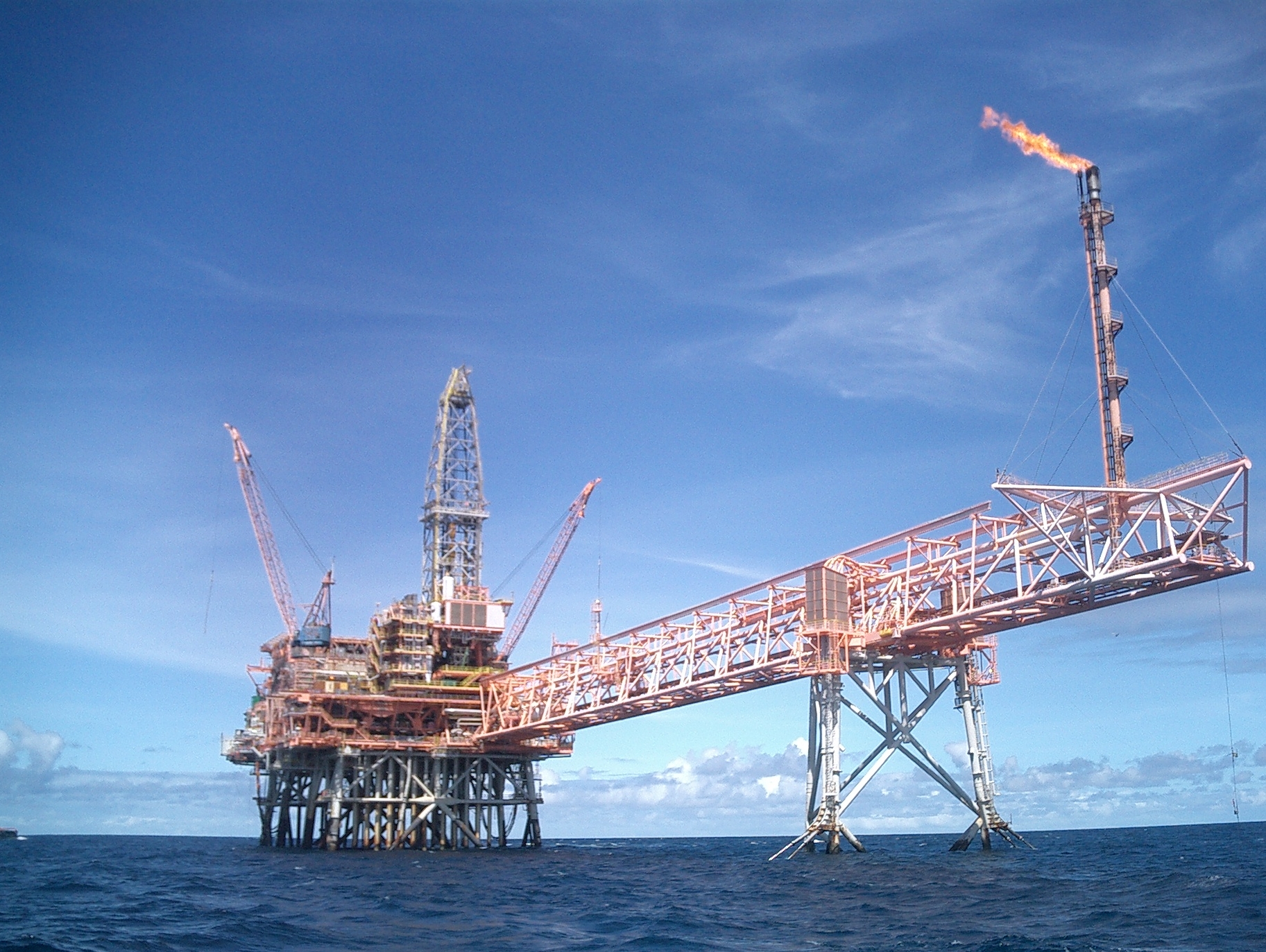 Contract interpretation can be tough, but having a competent attorney review documents before you sign them goes a long way in avoiding surprises further down the line. This is important because the words that are not there are often just as important as the words that are, a lesson learned the hard way by Chet Morrison Well Services, L.L.C.
Contract interpretation can be tough, but having a competent attorney review documents before you sign them goes a long way in avoiding surprises further down the line. This is important because the words that are not there are often just as important as the words that are, a lesson learned the hard way by Chet Morrison Well Services, L.L.C.